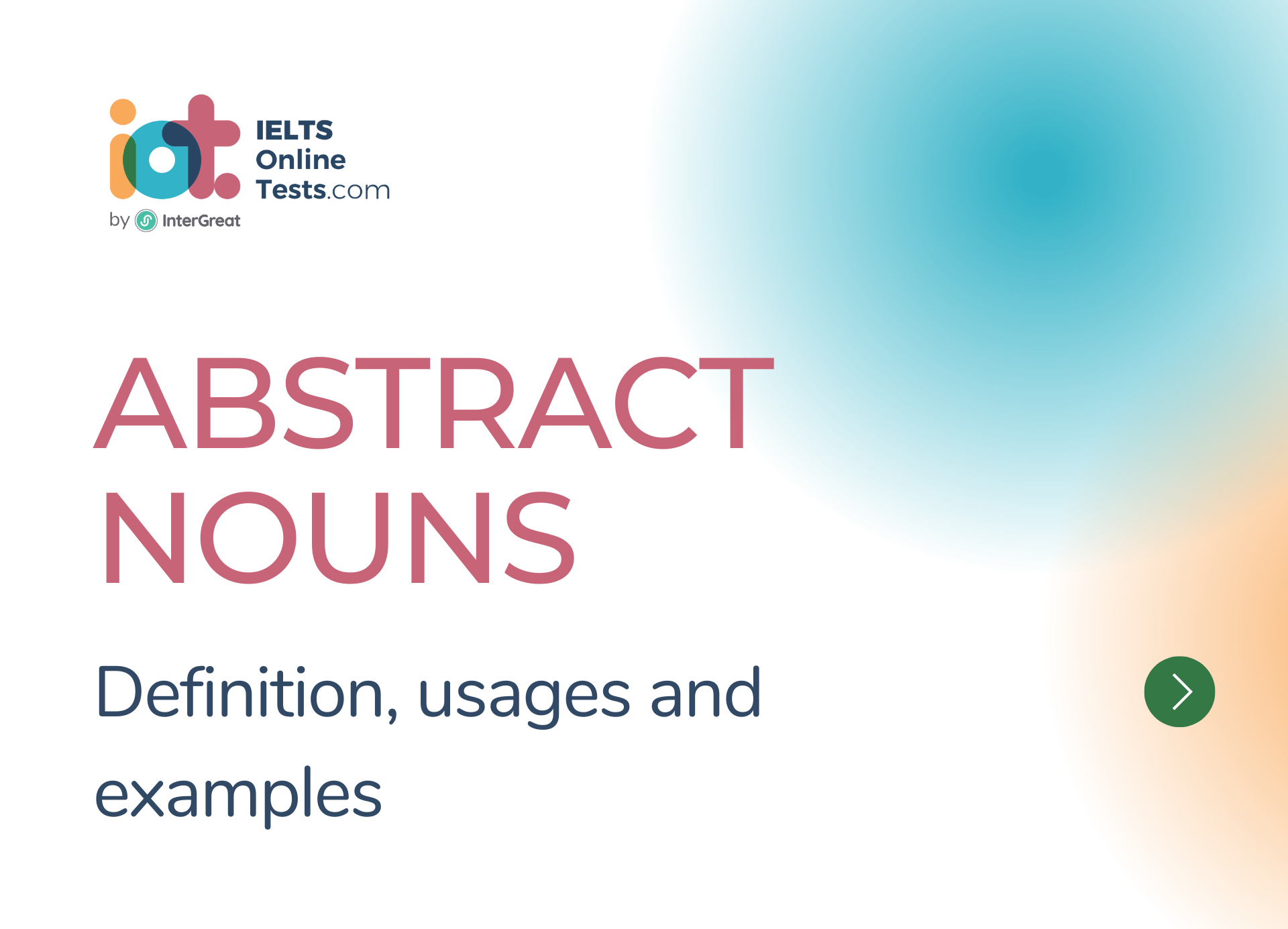
Abstract nouns
Abstract nouns are a type of noun that refer to intangible concepts, ideas, qualities, or states that cannot be perceived through the senses. Unlike concrete nouns, which represent physical objects, abstract nouns represent ideas or qualities that exist in the mind or have no physical form.
Here are some key points to understand about abstract nouns:
Concepts and Ideas: Abstract nouns represent concepts, ideas, or notions that are not physical or tangible.
- Examples:
- love, courage, happiness, time, justice.
- Examples:
Qualities and States: Abstract nouns express qualities, characteristics, or states of being.
- Examples:
- kindness, honesty, patience, freedom, success.
- Examples:
Emotions and Feelings: Abstract nouns can represent emotions or feelings.
- Examples:
- joy, sadness, anger, fear, excitement.
- Examples:
Actions and Processes: Abstract nouns can denote actions or processes.
- Examples:
- laughter, learning, communication, growth, improvement.
- Examples:
Indeterminacy: Abstract nouns can be challenging to define precisely or measure objectively as they often vary in interpretation depending on personal experiences and perspectives.
Non-Countable: Abstract nouns are typically uncountable and do not have a plural form.
- Examples:
- information, advice, knowledge.
- Examples:
Represented by Adjectives: Abstract nouns can be represented by adjectives, which describe the qualities or characteristics associated with them.
- Examples:
- "the beauty of nature" (beauty is the abstract noun),
- "the power of love" (power is the abstract noun).
- Examples:
Abstract nouns play an essential role in language as they allow us to express and discuss intangible concepts and ideas. They help us convey emotions, describe qualities, discuss philosophical concepts, and engage in deeper levels of communication. By using abstract nouns effectively, we can articulate complex thoughts and evoke emotional responses in our readers or listeners.




